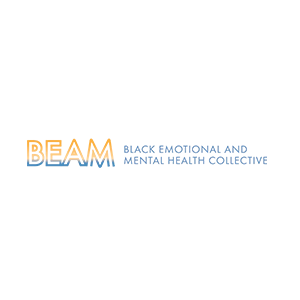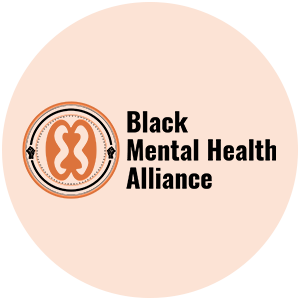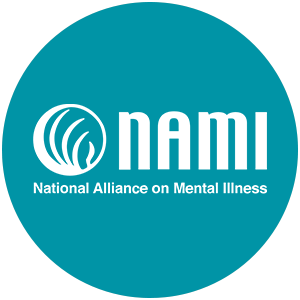How To Take Care Of Yourself
If you’re struggling, you can text, call or chat the 988 Lifeline. We’re available 24/7, free, and confidential. There are counselors available to listen and support you without judgment.
Creating a safety plan can include listing your coping strategies, identifying the people in your life that may support you through a crisis, and more. Have a step-by-step plan ready for if/when you feel depressed, suicidal, or in crisis, so you can start at step one and continue through the steps until you feel safe. Having a template on hand with an established plan may be helpful, or you can watch and learn how to build your own.
- Safety Plan Template (PDF)
Community can be one’s greatest resource. Identify spaces and people who bring joy and ease. This can help mitigate isolation, hopelessness, and loneliness.
You do not have to move through anything alone.
The constant replay of news stories about traumatic events can increase stress and anxiety. Try to reduce the amount of news you watch, read, or listen to, and engage in relaxing activities instead.
How To Help
Be an active part of your loved ones’ support systems and check in with them often. If they show or discuss any of the most common warning signs for suicide, be direct. Tell them it’s OK to talk about suicidal feelings. Practice active listening techniques and let them talk without judgment.
Mental health support among Black communities is not a monolith. Each person’s care varies based on their gender, age, ability, location, and a multitude of other factors. There are many social, structural, and systemic factors that impact one’s wellness and ability to thrive.
The suicide rate among Black youth is increasing faster than other racial or ethnic groups. Members of the Black community face systemic inequities, including racism and poverty, as well as historical mistrust of the medical system and deeply rooted mental health stigma that can lead to barriers to access for the care and treatment they need and deserve.
Only one in three Black adults who need mental health care receive it. The 988 Lifeline is available to provide immediate counseling services when people need support.
Research local resources. Don’t be afraid to get your loved one the help they might need. Support them in identifying others to talk to that may understand how they feel – family members, friends, co-workers, and faith or spiritual leaders. The 988 Lifeline is always here for you by text, phone, or chat — both for support in times of crisis and to help friends and loved ones.
Resources for Black Mental Health

AAKOMA Project

The Boris Lawrence Henson Foundation

BEAM: Black Emotional Mental Health Collective

The Loveland Foundation

Black Mental Health Alliance

NAMI

Therapy for Black Men

Therapy for Black Girls

The Steve Fund

National Organization for People of Color Against Suicide (NOPCAS)

Center for Healing Racial Trauma
